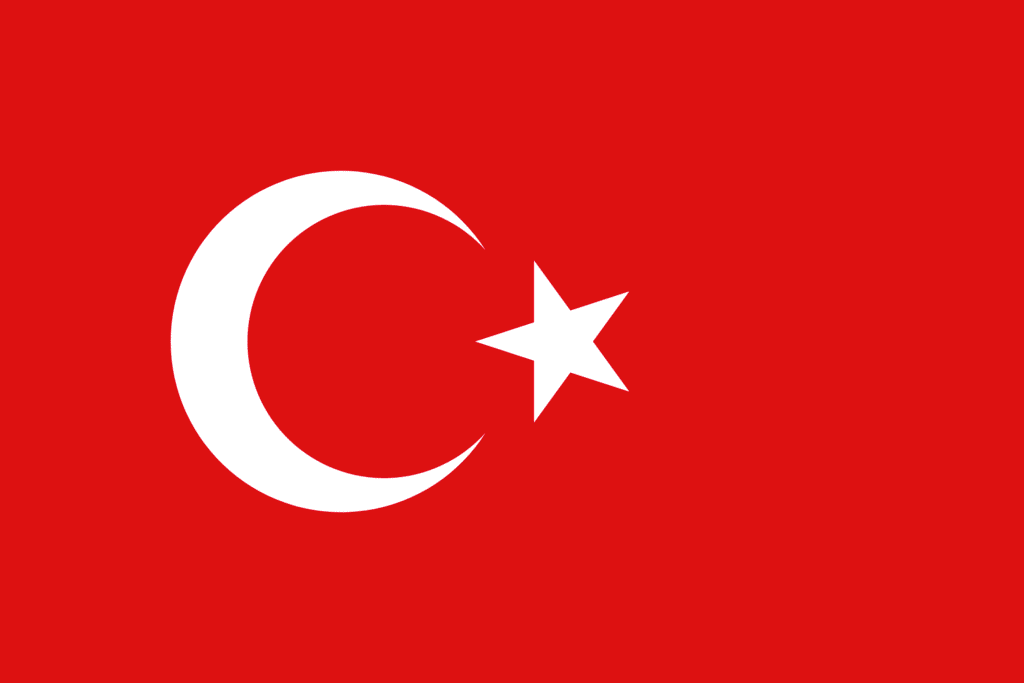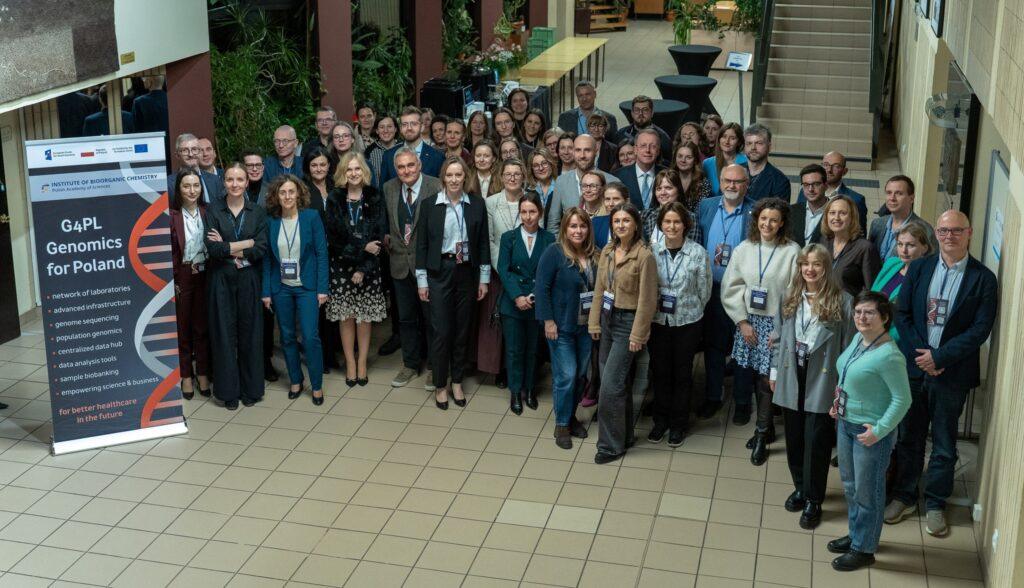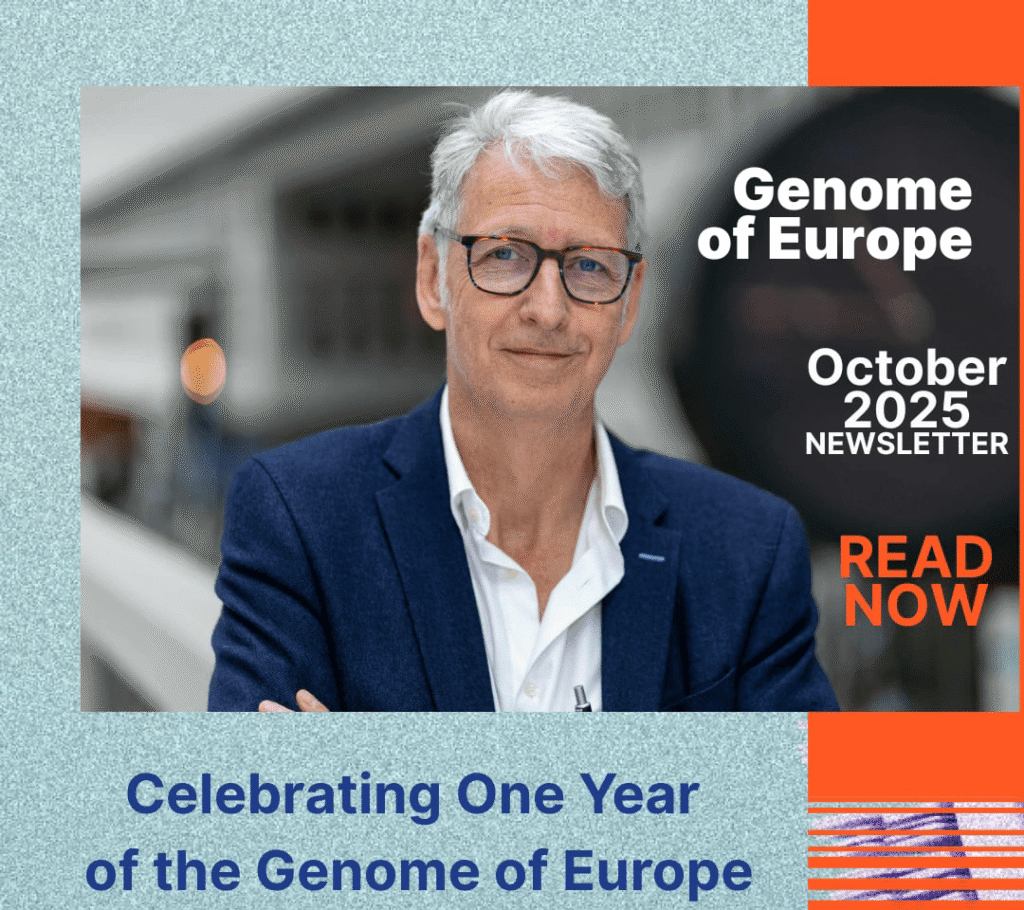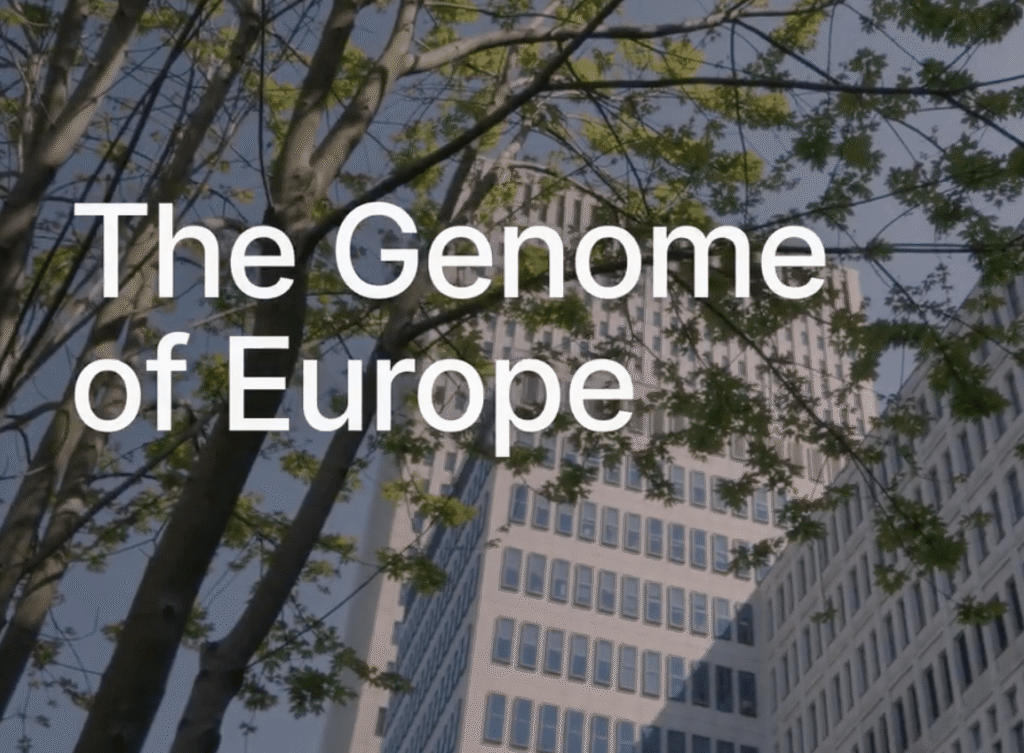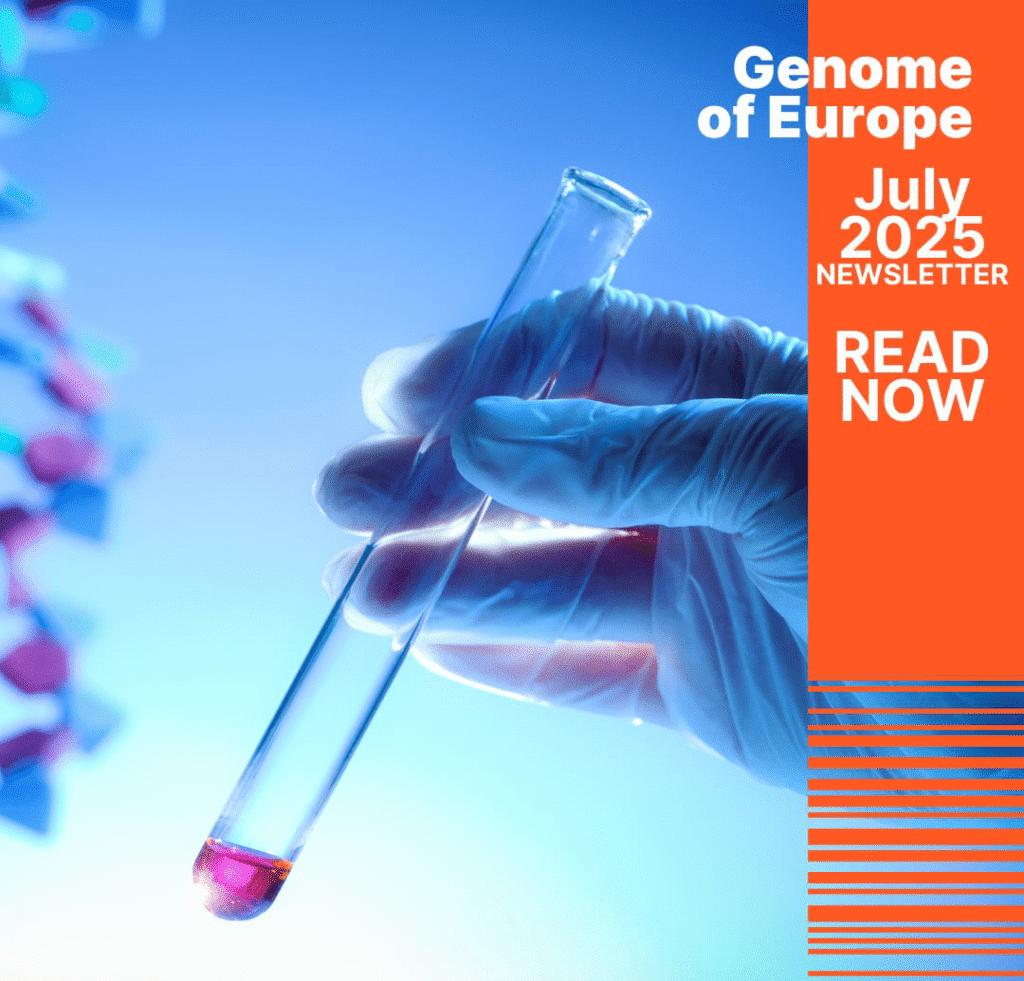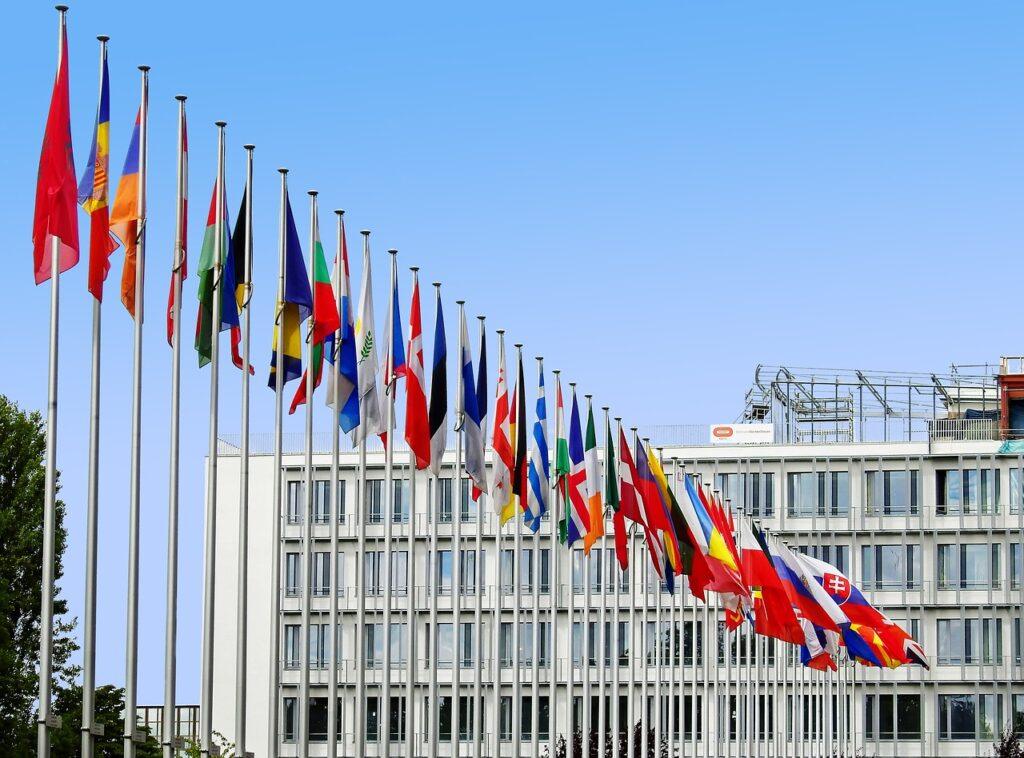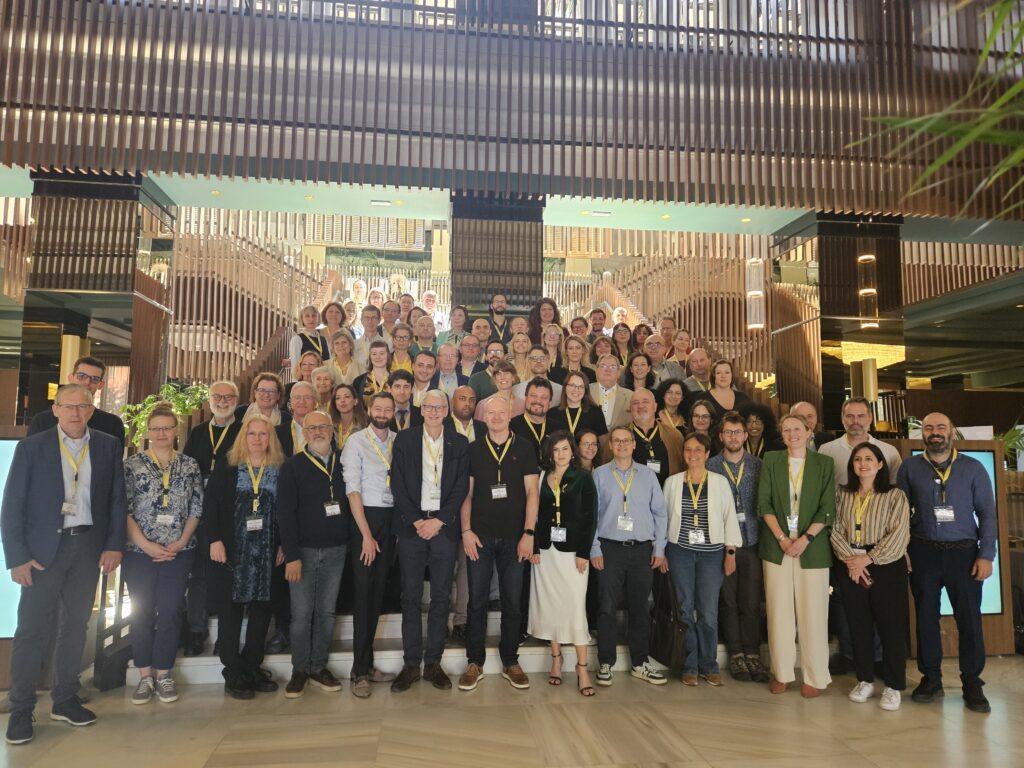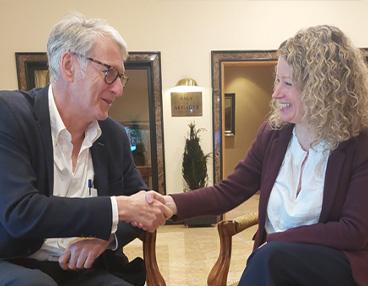Genome
of Europe
100,000 Genomes for a Healthy Europe



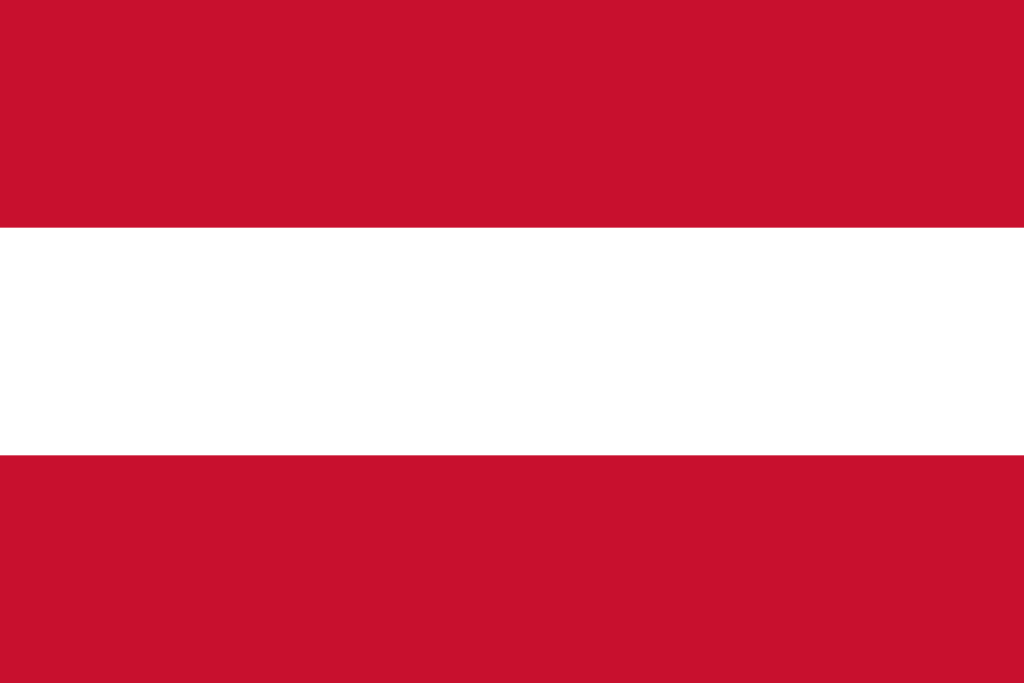
Austria - 2113 samples to be sequenced
Medical University of Innsbruck
Johannes Zschocke
CEMM - Research Center for Molecular Medicine of the Austrian Academy of Sciences
Cristoph Bock
Medical University of Graz
Ellen Heitzer
Medical University of Vienna
Markus Hengstschlaeger

Belgium - 2903 samples to be sequenced
KU Leuven
Joris Vermeesch
VIB - Vlaams Institute of Biotechnology
Frederik Coppens
Sciensano
Wannes Van Hoof
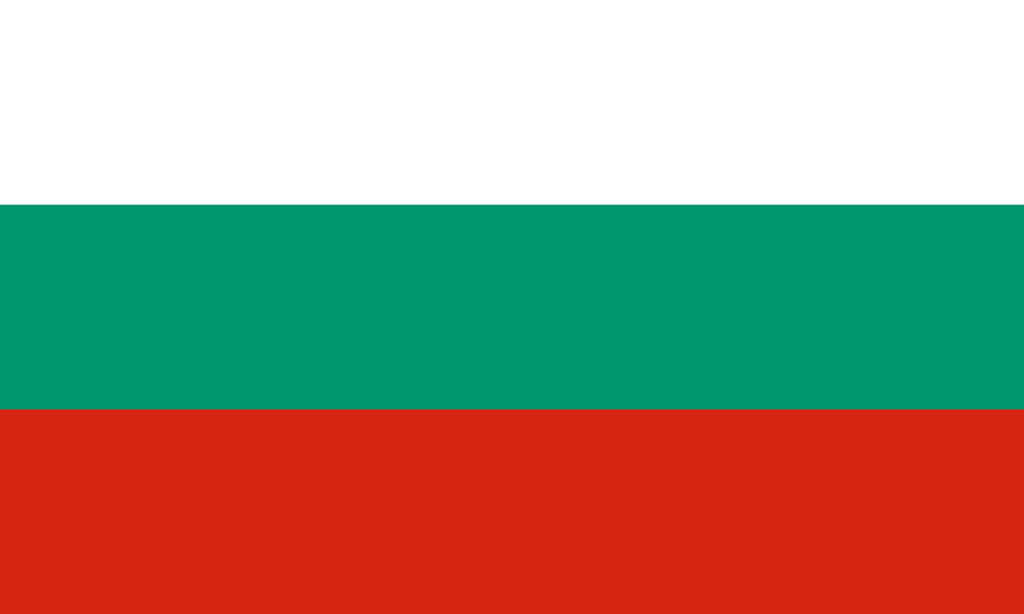
Bulgaria - 1853 samples to be sequenced
Medical University of Sofia
Radka Kaneva
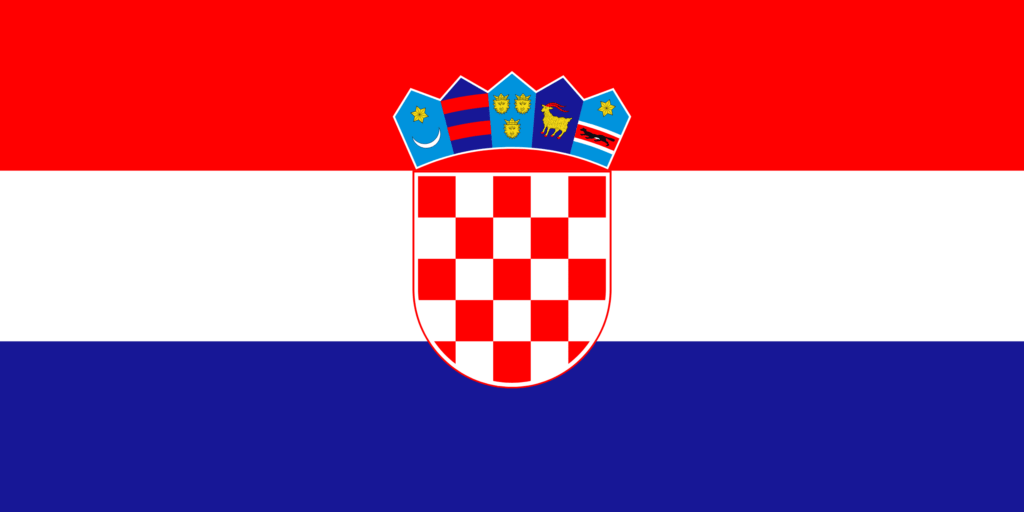
Croatia - 1257 samples to be sequenced
The Ruđer Bošković Institute
Oliver Vugrek
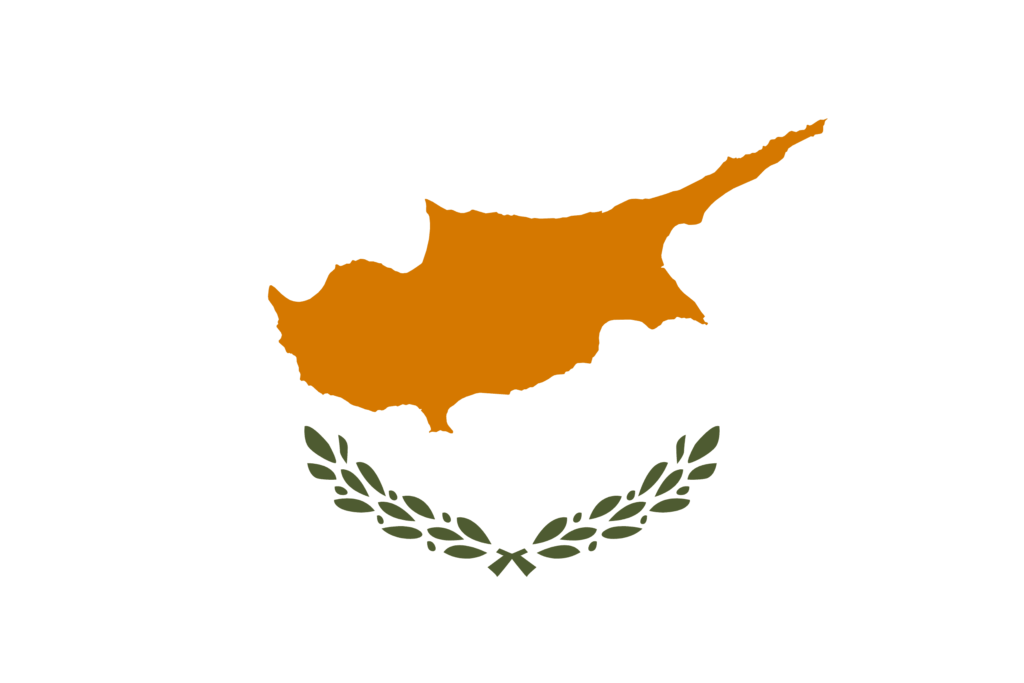
Cyprus - 310 samples to be sequenced
University of Cyprus
Constantinos Deltas
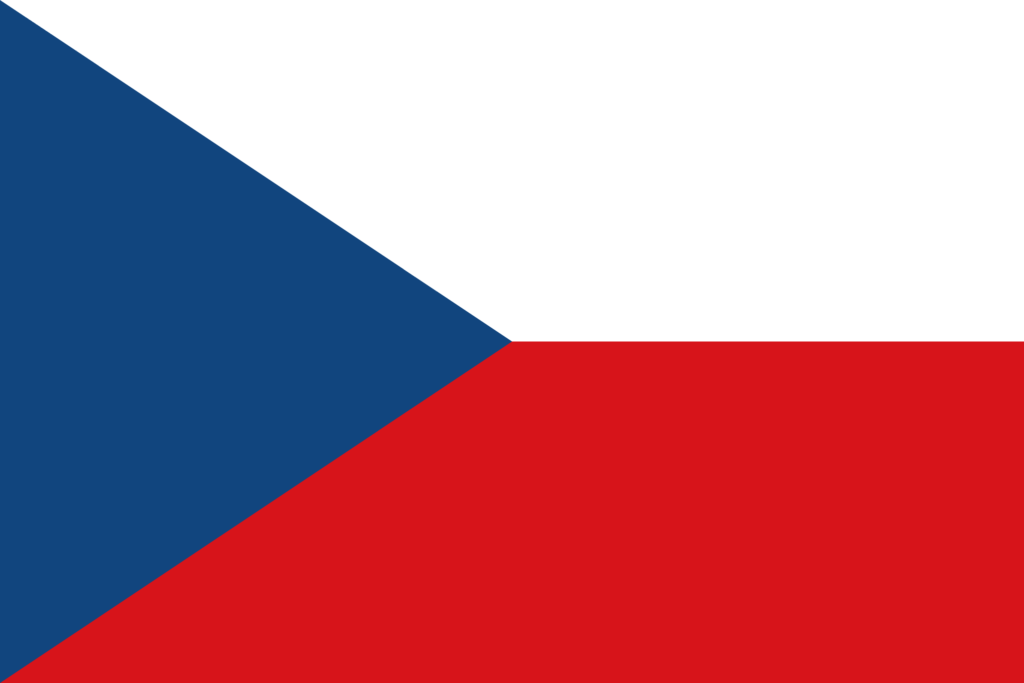
Czechia - 2946 samples to be sequenced
Masaryk University, CEITEC - Central European Institute of Technology
Sarka Pospisilova
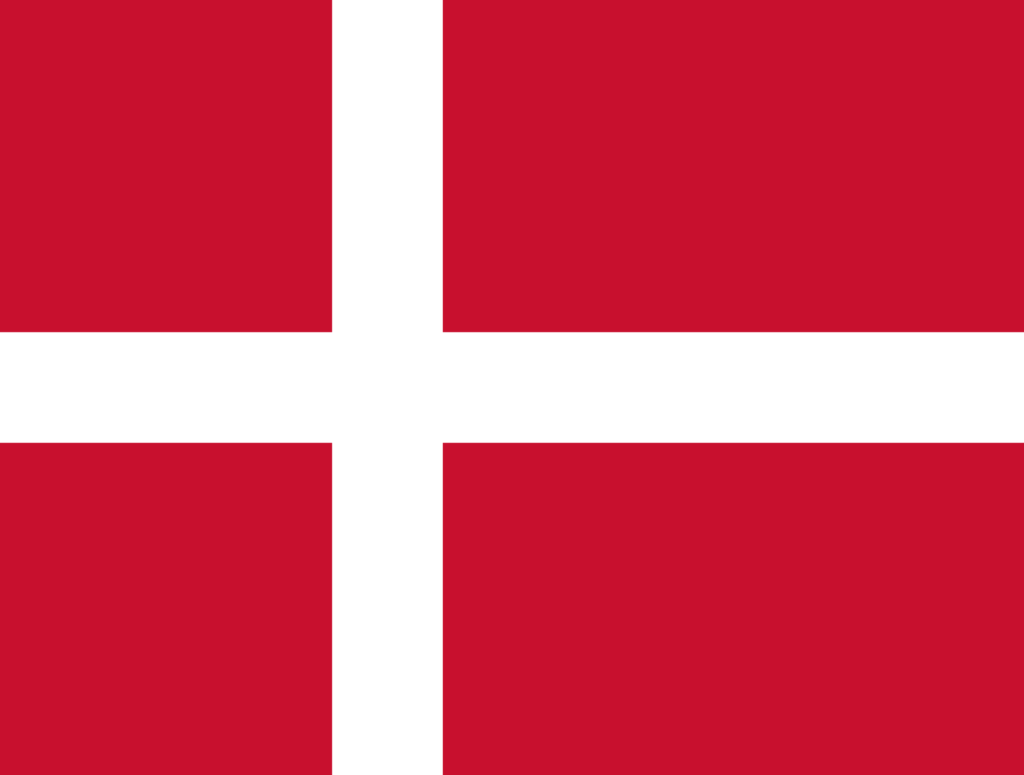
Denmark - 1414 samples to be sequenced
Danish National Genome Center
Ivana Bogicevic

Estonia - 368 samples to be sequenced
University of Tartu
Andres Metspalu

Finland - 1462 samples to be sequenced
University of Helsinki
Markus Perola
IT Centre for Science
Tommi Nyronen

France - 17041 samples to be sequenced
INSERM - National Institute of Health and Medical Research
Emmanuelle Genin
INSERM-CAD
Philippe-Jean Bousquet
CNRGH – National Center of Human Genomics Research
Jean-Francois Deleuze

Germany - 20235 samples to be sequenced
University of Tübingen
Olaf Riess
European Molecular Biology Laboratory/ ELIXIR
Serena Scollen
Helmholtz Institute
Eleftheria Zeggini

Greece - 2924 samples to be sequenced
Biomedical Research Foundation, Academy of Athens
Dimitris Thanos
University of Patras
George Patrinos

Hungary - 2660 samples to be sequenced
Semmelweis University
Maria Judit Molnar

Ireland - 1262 samples to be sequenced
Royal College of Surgeons in Ireland
Gianpiero Cavalleri

Italy - 15762 samples to be sequenced
Centro Cardiologico Monzino
Gualtiero Colombo
CNR - Institute of Biomembranes, Bioenergetics and Molecular Biotechnologies
Graziano Pesole
Human Technopole
Nicole Soranzo
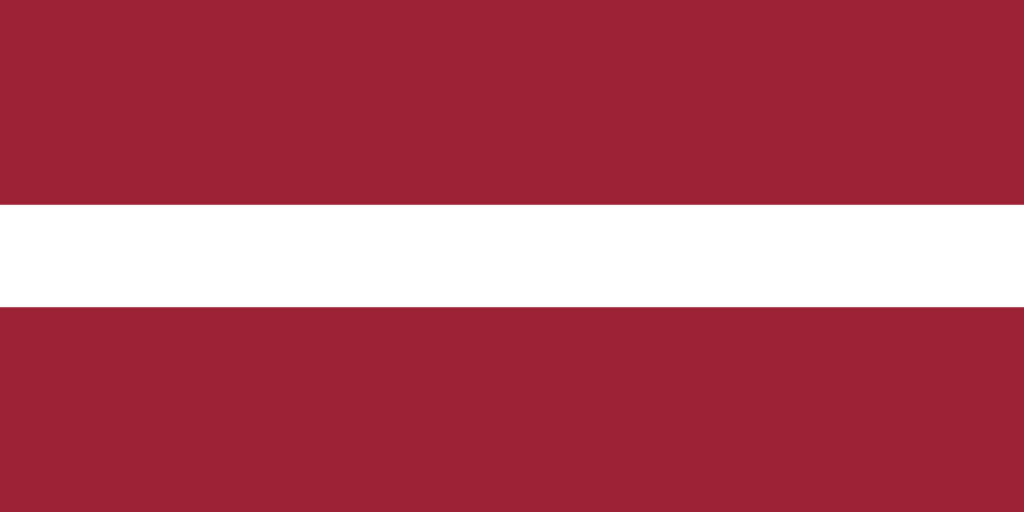
Latvia - 476 samples to be sequenced
Latvian Biomedical Research and Study Centre
Janis Klovins

Lithuania - 816 samples to be sequenced
Vilnius University Hospital Santaros Klinikos
Laima Ambrozaityte

Luxembourg - 200 samples to be sequenced
Luxembourg National Data Service
Davit Chokoshvili
Luxembourg Institute of Health
Frank Glod
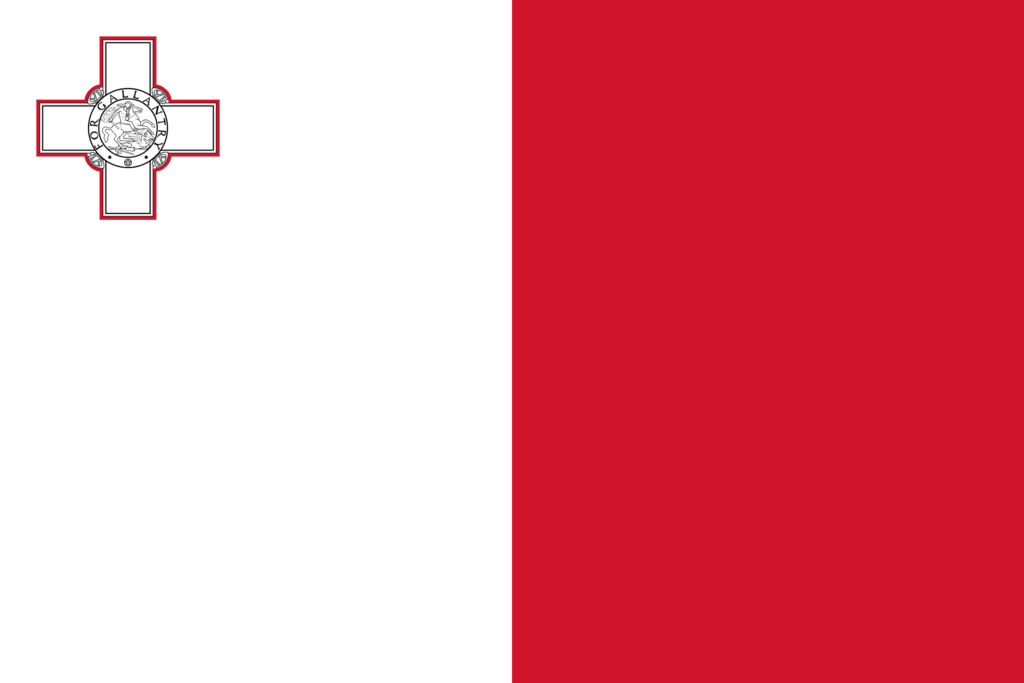
Malta - 200 samples to be sequenced
Ministry for Health and Active Aging of Malta
Miriam Dalmas
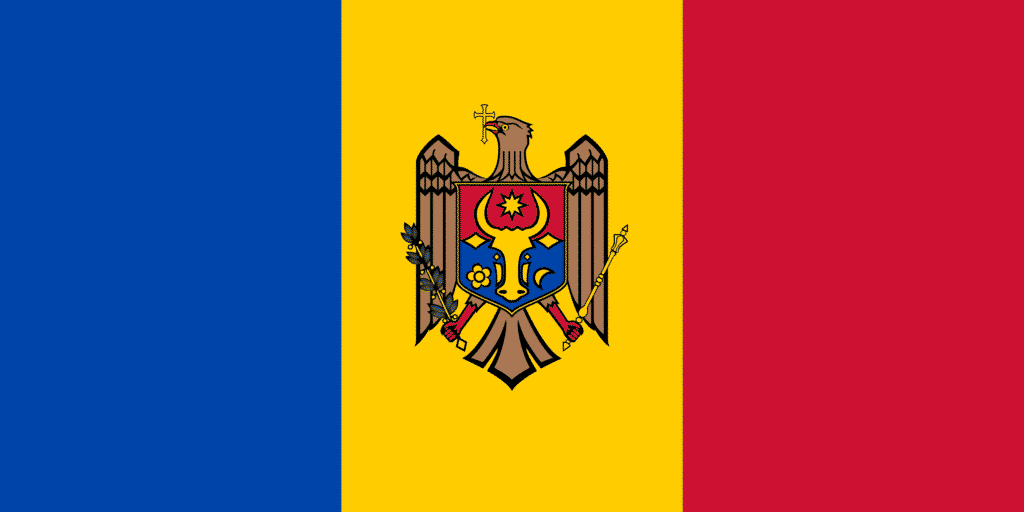
Moldova - GoE Candidate country
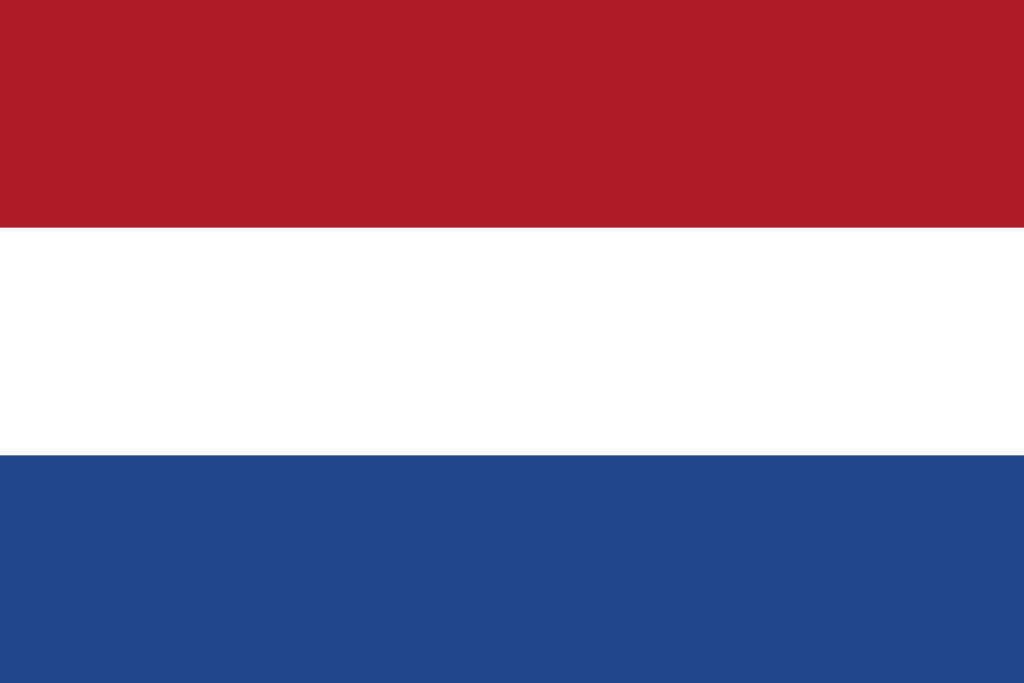
Netherlands - 4510 samples to be sequenced
Erasmus MC
Andre Uitterlinden
Legal Pathways
Jasper Bovenberg

Norway - 1346 samples to be sequenced
University of Oslo
Trine Rounge
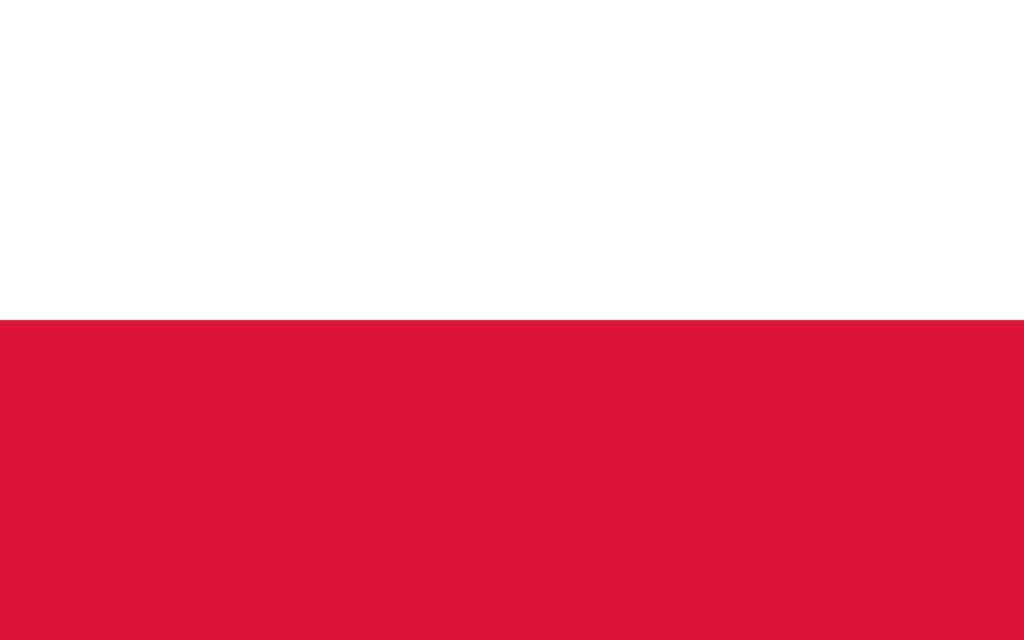
Poland - 400 samples to be sequenced
University of Lodz
Blazej Marciniak
Institute of Bioorganic Chemistry of the Polish Academy of Sciences
Luiza Handschuh

Portugal - 2904 samples to be sequenced
National Institute of Health Doutor Ricardo Jorge (INSA)
Astrid Vicente
Association of BIP4DAB
Ana Teresa Freitas

Romania - 0 (+2800) samples to be sequenced
Genomics Research and Development Institute of Romania
Octavian Bucur
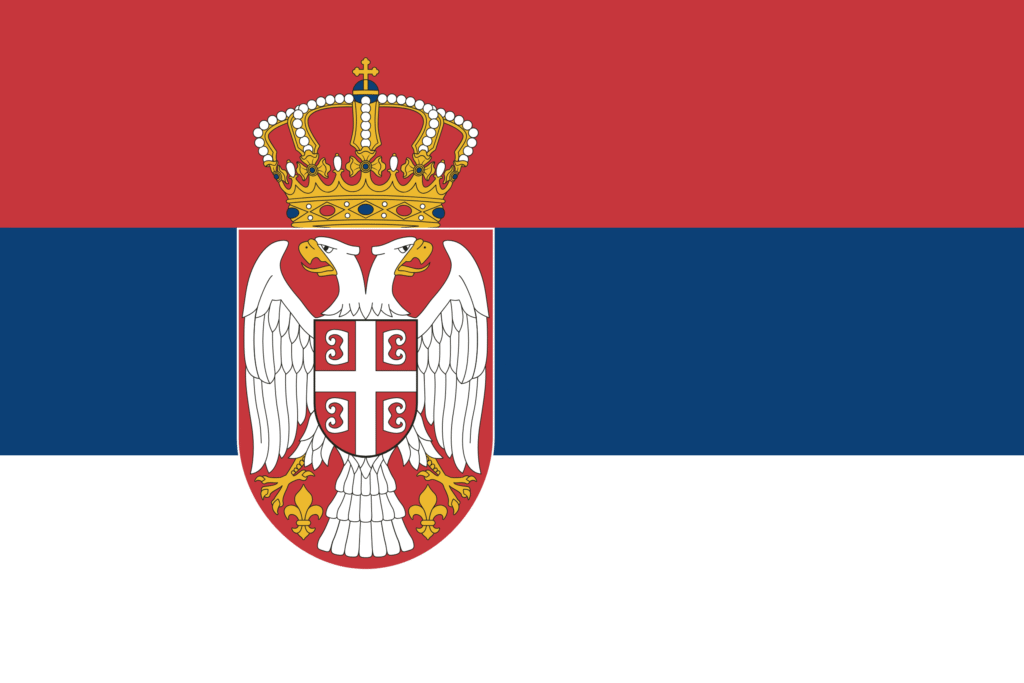
Serbia - GoE Candidate country
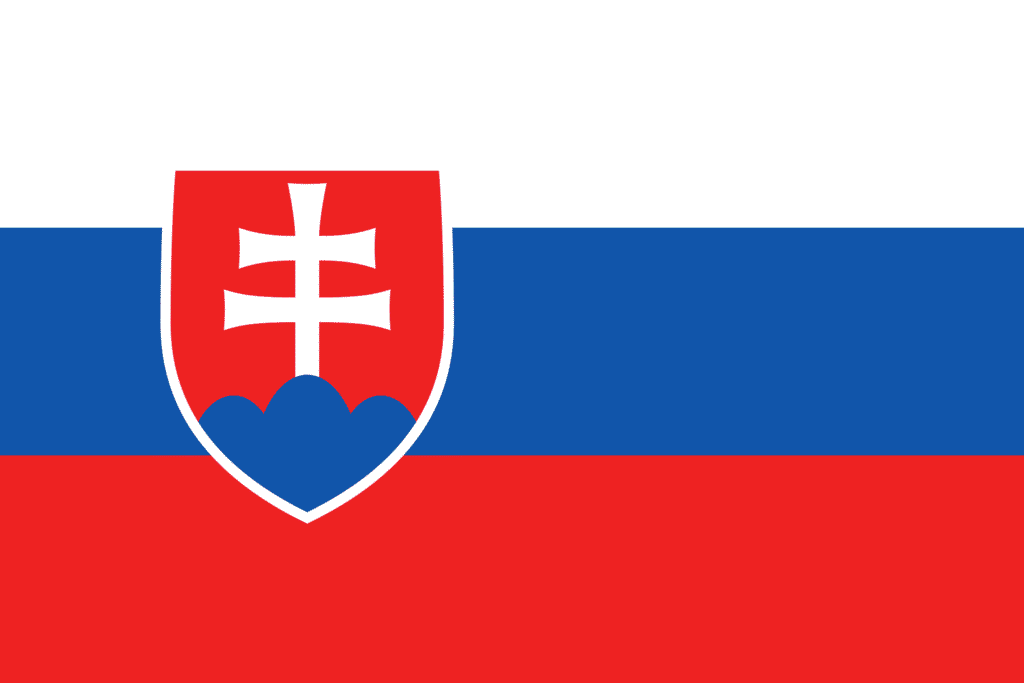
Slovakia - GoE Candidate country

Slovenia - 491 samples to be sequenced
University Medical Centre Ljubljana
Jernej Kovac
University of Ljubljana
Damjana Rozman
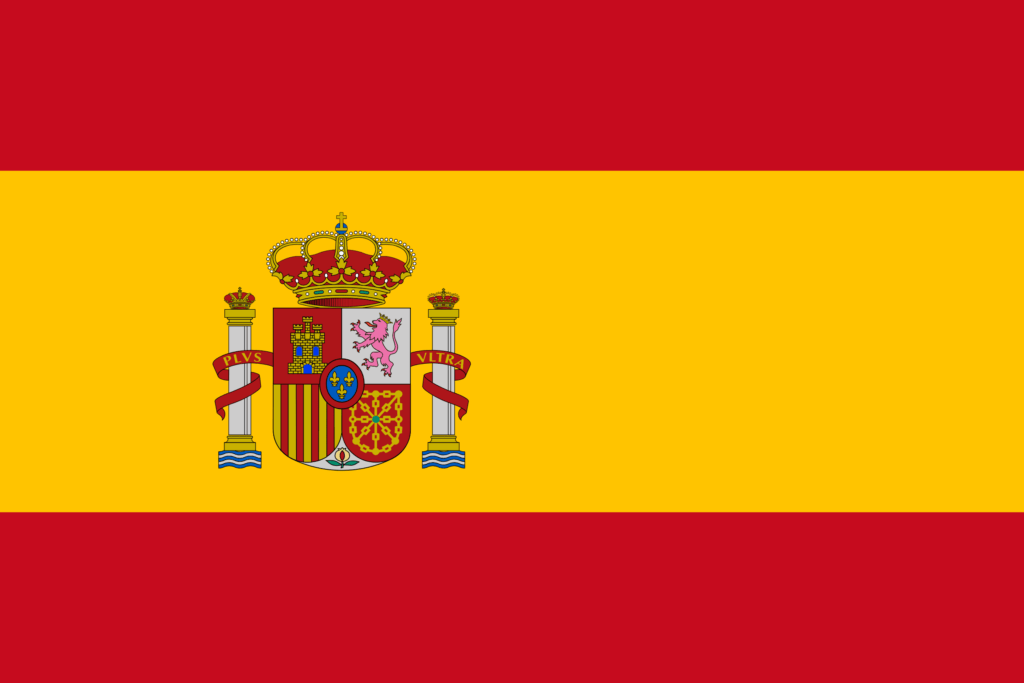
Spain - 12125 samples to be sequenced
Carlos III Health Institute
Beatriz Perez
University of the Basque Country
Maria Pilar Nicolas
CNAG - Centro Nacional de Analisis Genomico
Ivo Gut
Spanish National Cancer Research Center (CNIO)
Anna Gonzalez-Neira
Center for Genomic Regulation
Jordi Rambla

Ukraine - GoE Candidate country
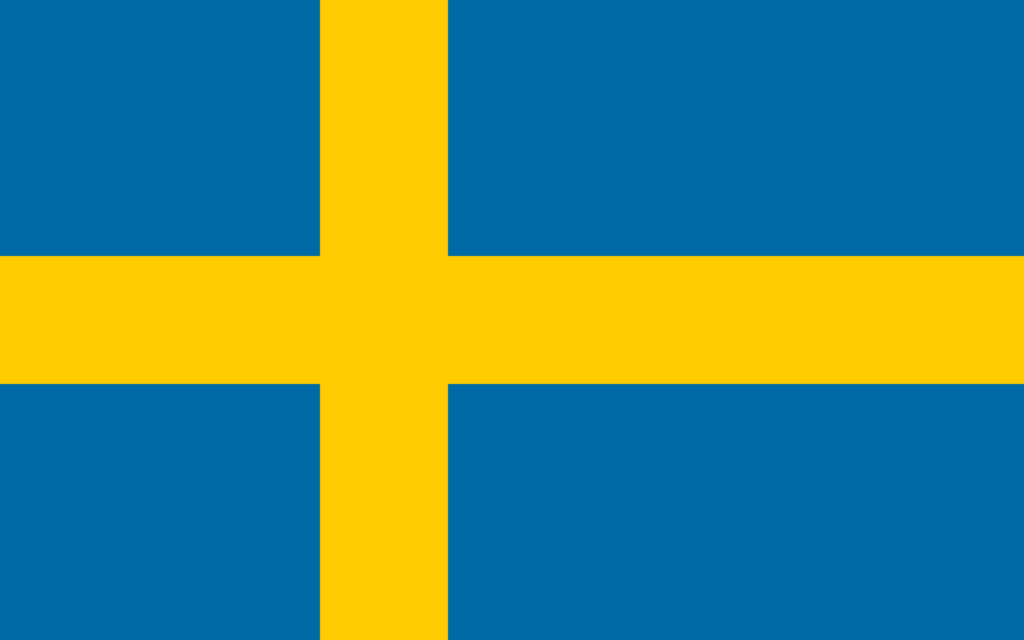
Sweden - 2591 samples to be sequenced
Uppsala University
Adam Ameur

Switzerland - GoE Candidate country
